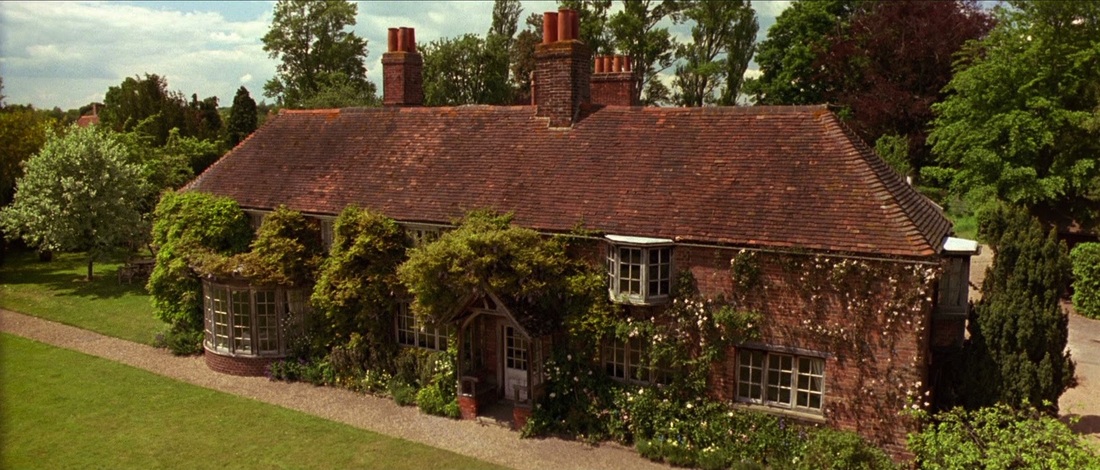For the past few months, I’ve been reading articles about blogging. Specifically, about the way bloggers interact with the past through things such as vintage outfit posts, design pieces that draw inspiration from history, or a simple visual adoration of the styles of the past collected on their various social media platforms such as Pinterest and Tumblr. There has been a certain thread of analysis running through the various articles I’ve encountered on the subject, many of which are highly critical of the nostalgic ‘vintage’ trend amongst young bloggers. It is argued that history is being flattened out of meaning and significance as a simple aesthetic; as a ‘fashion’ one can wear, or a way one can decorate the home. That is, we no longer have a ‘real’ relationship with history and its narratives, but are stuck in an aesthetic vacuousness, superficially engaging with the past as a style for our consumption. And of course, this trend is held up as a summary of the natural progression of our postmodernist consumer culture, representing what Dianne F. Sadoff calls “a media-saturated culture’s gleeful repurposing of classic culture as content/software for advertising”, and little more. [1]
To a certain extent, I agree with this criticism. I’ve been disturbed, time and again, when I’ve encountered images of Holocaust memorials, people during war and images from the past being consumed as a pleasing visual aesthetic or consumer ‘product’ on many blogs. Yet, what I find interesting about the criticism levelled against this trend is the way it is often assumed that new media is creating this phenomenon, all on its own.
As someone who has spent the last seven years studying, teaching, researching and writing abouthistorical films and costume dramas, I find it baffling to encounter arguments that suggest blogging and new social media alone are creating a postmodernist loss of historical knowledge and an aestheticisation of the past. It is as if the past few decades of film and television have not existed. Blogs and Pinterest have not invented our current form of consumption of history, but rather, they are simply extending it.
http://www.metamodernism.com/2012/11/22/the-ethics-of-nostalgia/
To a certain extent, I agree with this criticism. I’ve been disturbed, time and again, when I’ve encountered images of Holocaust memorials, people during war and images from the past being consumed as a pleasing visual aesthetic or consumer ‘product’ on many blogs. Yet, what I find interesting about the criticism levelled against this trend is the way it is often assumed that new media is creating this phenomenon, all on its own.
As someone who has spent the last seven years studying, teaching, researching and writing abouthistorical films and costume dramas, I find it baffling to encounter arguments that suggest blogging and new social media alone are creating a postmodernist loss of historical knowledge and an aestheticisation of the past. It is as if the past few decades of film and television have not existed. Blogs and Pinterest have not invented our current form of consumption of history, but rather, they are simply extending it.
http://www.metamodernism.com/2012/11/22/the-ethics-of-nostalgia/
